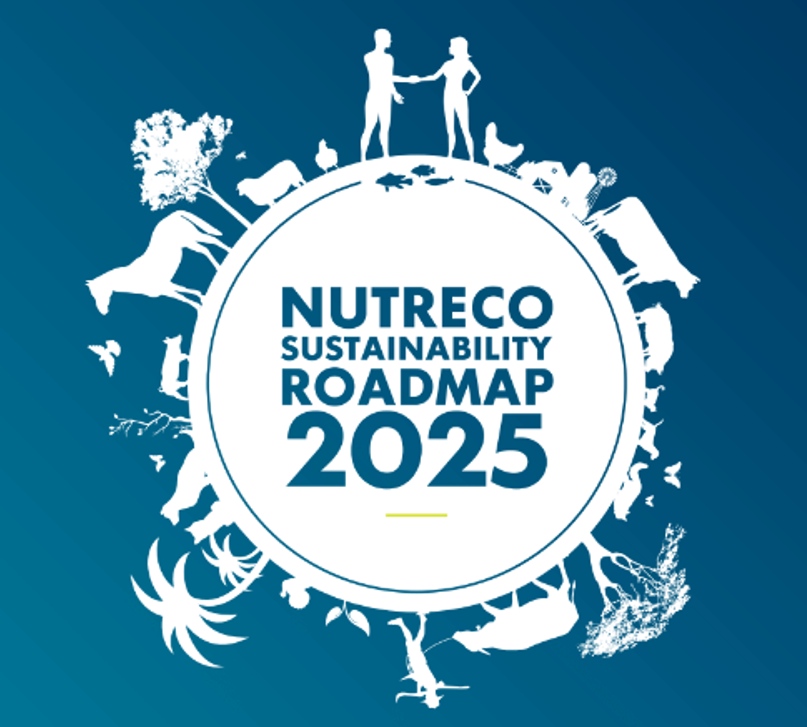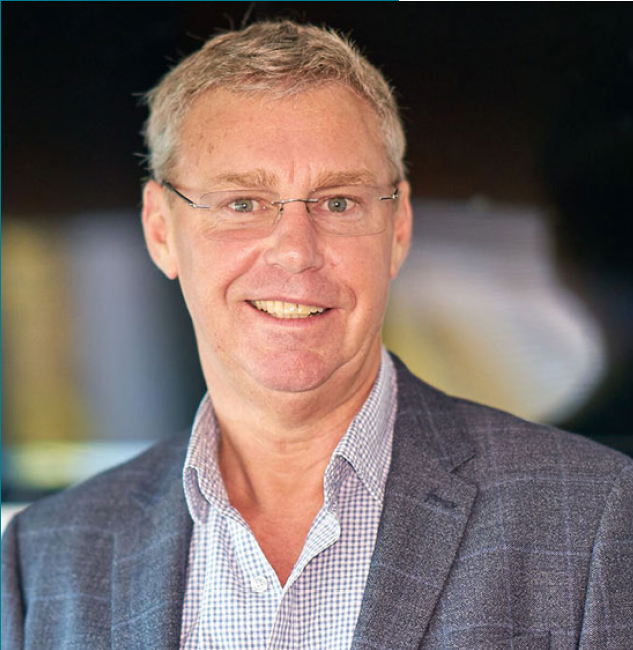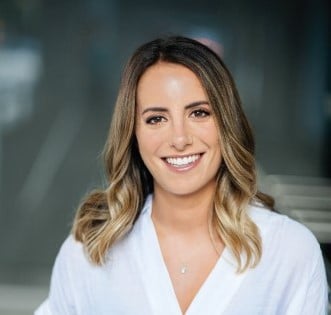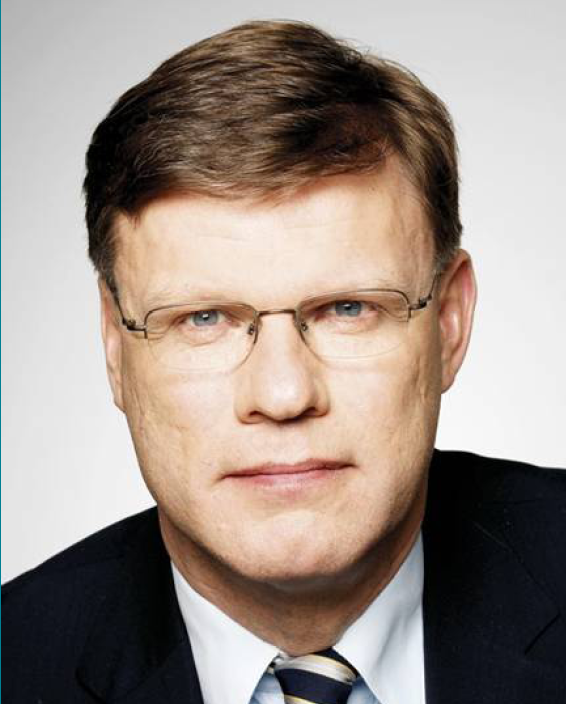
SeaBOS - Promotion of the foundations purpose
The work of SeaBOS in 2021 continued with six individual task forces, which are led by company members, and supported by the Stockholm Resilience Centre (SRC) at Stockholm University (in collaboration with the Beijer Institute and the GEDB program of the Royal Swedish Academy of Sciences). The scientific work to date has resulted in the establishment of strong collaborative partnerships between the Stockholm-based organisations, with Lancaster University and the Stanford Center for Ocean Solutions, among others.
Members from Nutreco and Skretting are key partners in the work of SeaBOS, with Skretting CEO Therese Log Bergjord the current Chair of the SeaBOS Association and Board Director on the SeaBOS Fundraising Foundation. In addition, leadership of two of the Task Forces comes from Nutreco with José Villalon (Task Force I on IUU fishing, forced labour, and endangered species) and Skretting with Sophie Noonan (Task Force II on communications as co-chair with Sturle Hauge Simonsen from SRC).
SeaBOS continues to link with global initiatives to harness and enhance their reach, and to accelerate outcomes towards improvements across the spectrum of the ocean and seafood sustainability.
In October 2021, company members reported on significant progress from the initiative including:
- Confirmation that they have no IUU fishing products or modern slavery in their
own seafood operations - Recognising that IUU fishing and modern slavery are endemic in the global
seafood industry reaffirmed that they will act swiftly and transparently on
any evidence that those activities exist within their supply chains and/or own
operations - Implemented an Endangered Species Strategy with initial focus on
elasmobranchs (sharks and rays) and seabirds - Established a Communications Strategy for SeaBOS with key elements
for both internal (SeaBOS members, and subsidiaries) and external
communications towards encouraging transformation to sustainable seafood
production and healthy ocean, across the broader seafood sector - Advanced an Antibiotics Stewardship Roadmap to guide development of
a code of conduct and strategy for reduction of antibiotics use in seafood
production; - Agreed to increase company financial contributions to the SeaBOS
Fundraising Foundation and supported retention of the model as summarised
in the SeaBOS institutions and collaborations infographic - Participated in global clean-up of plastics pollution, while also progressing
initiatives to benchmark their own plastics footprint, and identify mechanisms
to reduce this over time, for reporting in October 2023 - Most companies formally established greenhouse gas emission reduction
goals in line with Paris targets, with all companies agreeing to do so by May
2022.
SeaBOS continued to link with global initiatives to harness and enhance their reach, and to accelerate outcomes towards improvements across the spectrum of the ocean and seafood sustainability. This included continued membership of the Global Ghost Gear Initiative to help remove and reduce abandoned, discarded, or lost fishing gear from our ocean, and participation with the International Coastal Cleanup by members (although global COVID-19 restrictions limited the number of participants and programs which could be undertaken in 2021). The Foundation continued collaboration for traceability in seafood supply chains (with the Global Dialogue on Seafood Traceability) and support for the United Nations Global Compact Initiative on sustainable ocean business action platform, which renamed itself to the UN Global Compact Ocean Stewardship Coalition in recognition at least in part, of the role of stewardship as promoted by SeaBOS.
SeaBOS also shared its purpose through collaborations and communications with other expert groups in sustainable seafood production and ocean health, including presentations and (virtual) participation at numerous international meetings.
There was an extensive array of peer reviewed scientific papers published in 2021.
Martin Exel, Managind Director, SeaBOS

Next
Roadmap 2025
Our Sustainability RoadMap 2025 was approved by Nutreco’s Management Board (formerly Nutreco Executive Leadership Team) in June 2020. It consists of three principal pillars: Health & Welfare; Climate & Circularity; and Good Citizenship.



